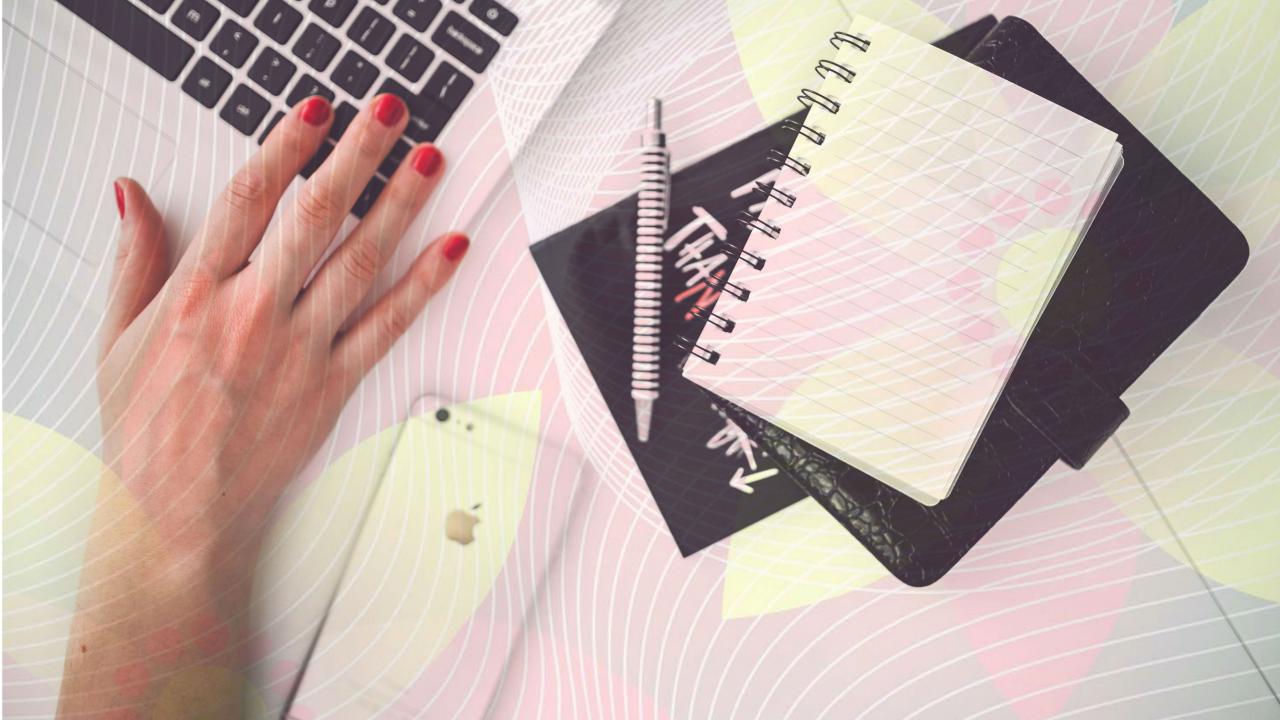 Photo: Getty Images
Photo: Getty Images
“Anxiety disorders,” says the Anxiety Disorders Association of America, “are the most common mental illness in the U.S., affecting 40 million adults in the United States age 18 and older (18 percent of the U.S. population)."
Like many things in the last few decades, research has expanded and broadened the scope of understanding of anxiety disorders and words like panic attacks and anxiety attacks are pretty common. But what is the difference between just feeling anxious and having an anxiety disorder?
Is there a difference between anxiety attacks and panic attacks? Are there different kinds of anxiety disorders? This article will help answer all those questions.
What is Anxiety
Basically, anxiety is a feeling of unease, worry or fear. Anxiety is a very adaptive and good part of our ability to copy with the world around us (e.g., before a job interview or speech).
When stressed, your body releases adrenaline and cortisol. Adrenaline is responsible for increased heart rate, muscle contraction and rate of breathing. Cortisol tells our fat cells, liver and pancreas to increase levels of glucose (sugar) to provide energy for muscles, while temporarily inhibiting digestion, growth, reproduction and immunity.
Combined, these hormones and symptoms are commonly referred to as the “fight or flight” response, usually stimulated by an outside circumstance or situation, whether real or imagined.
Normal anxiety is short-lived and usually subsides as the outside stimulus or stressor does. When feelings of anxiety become unreasonable, excessive or interfere with our daily life, then it becomes an anxiety disorder.
Symptoms of Anxiety
Mental and physical symptoms of anxiety are different for everybody. How you cope with anxiety depends on the type and severity of your symptoms. If you’re feeling anxious about something you may:
• Feel worried or uneasy
• Have difficulty sleeping
• Experience an inability to concentrate
• Experience irritability
• Experience hyper-alertness
• Feel on edge or not able to relax
• Need frequent assurance from people
• Feel tearful
• Experience increased heart rate (heart feels like it’s hammering against the ribs)
• Experience increased rate of respiration
• Experience irregular heartbeat (palpitations)
• Feel sick
• Experience chest pains
• Experience headaches
• Sweat
• Lose your appetite
• Feel faint
• Feel “butterflies” in your tummy
Types of Anxiety Disorders
When feelings of anxiety start affecting your ability to cope with everyday life, then it’s very likely you have an anxiety disorder. There are six recognized categories of anxiety disorders (definitions paraphrased from AnxietyBC):
Specific phobias are persistent, extreme, unreasonable and illogical fears of a particular object or situation that a person can’t control such as fear of spiders, rodents, flying, and heights;
Social Anxiety Disorder is an intense fear of social and/or performance situations usually focused excessively on fears about social embarrassment or humiliation;
Generalized Anxiety Disorder (GAD) is excessive and uncontrollable worry about daily life events such as potential negative events in the future, minor matters, a loved one becoming ill or dying;
Panic Disorder is unexpected and repeated panic attacks, followed by at least one month of worry about having additional attacks and/or fear of something bad happening as a result of the panic attack;
Obsessive Compulsive Disorder (OCD) means a person engages in compulsions (repetitive behaviors or mental acts) in an attempt to reduce feelings of anxiety such as hand-washing, tapping;
Post Traumatic Stress Disorder (PTSD) can develop after a person has been directly involved, witnessed, or heard about a traumatic event.
To further break things down, when a person experiences an anxiety attack it is usually in reaction to a stressful situation. A panic attack, on the other hand, is unprovoked and unpredictable. A person experiencing a panic attack is completely overwhelmed by terror.
Within these different categories are a variety of subcategories. Some require medication to allow a person to cope with anxiety and how it affects them. For others, simple behavioral modification is enough to help them cope with anxiety.
If any of these definitions sounds like you, talk to your family doctor to see if treatment is needed.
Sources:
“What is Anxiety?” by: Cathy Frank, M.D., Director, Outpatient Behavioral Health Services, Henry Ford Hospital, April 16, 2008. ABC News. Web. Accessed Oct 27, 2011.
http://abcnews.go.com/Health/AnxietyOverview/story?id=4659738
What is Anxiety. National Health Services. Web. Oct 27, 2011. http://www.nhs.uk/chq/Pages/2425.aspx?CategoryID=139&SubCategoryID=1393
About Anxiety. Anxiety UK. Web. Oct 27, 2011. http://www.anxietyuk.org.uk/about-anxiety
Managing Anxiety: Getting Started. Anxiety BC. Web. Oct 27, 2011. http://www.anxietybc.com/resources/introduction.php
Understanding Generalized Anxiety Disorder – Prevention. WebMD. Web. Oct 27, 2011.
http://www.webmd.com/anxiety-panic/understanding-anxiety-prevention
“Adrenaline & Cortisol” by Berit Brogaard. Livestrong.com. Aug 16, 2010. Web. Accessed Oct 27, 2011.
http://www.livestrong.com/article/207432-adrenaline-cortisol
Reviewed October 28, 2011
by Michele Blacksberg RN
Edited by Jody Smith






Add a Comment1 Comments
This drug has been a miracle for me. I've never been a nervous or a high strung kind of person until the last year. I thought I was going crazy and was afraid to tell anyone. I talked to my doctor, and he prescribed the Xanax. Started at 75 mg, and then went to to 150 mg. I feel normal again now.
Kendra Smith
November 17, 2011 - 1:19pmAntianxiety-Drugs.com
This Comment